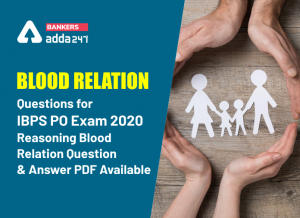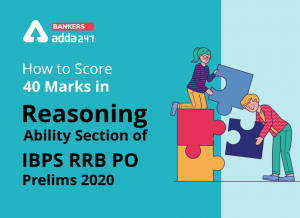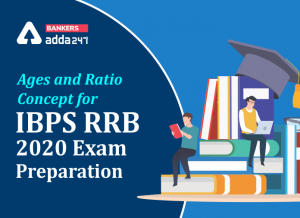In any given sentence the selection of the (form of the) verb completely depends on the subject of the statement.
So, it is very important that we select (know) the subject (its person – 1st/2nd/3rd as well as its number i.e., singular or plural) very clearly. If the subject and the verb are not in agreement, then there is a grammatical error.
An example of subject-verb disagreement:
Harish or Umesh were present at the wedding. (Incorrect)
Harish or Umesh was present at the wedding. (Correct)
It is I who is the smartest person in this group. (Incorrect)
It is I who am the smartest person in this group. (Correct)
Some points to remember:
> Usage of ‘and’ –
1) If two subjects are joined by ‘and’ then PLURAL VERB (helping verb) will be used.
E.g. – Swati and Sakshi sit beside eachother. (not ‘sits’)
2) If two or more nouns/adjectives are joined by ‘and’ but only a person/idea/thing is being is discussed – SINGULAR VERB will be used.
E.g. – Slow and steady wins the race.
My friend, philosopher and guide has come.
Rajma & Chawal is my favourite dish. (here the subject is ‘dish’ and not Rajma & Chawal)
3) If two uncountable nouns are joined by ‘and’, and if two different subjects are being discussed, PLURAL VERB will be used.
E.g. – Poverty and misery come together.
> If an article is placed only before the first subject it means the person or the thing to which the two nouns refer to, is the same. Hence, SINGULAR VERB shall be used in such cases.
E.g. – A Black and white gown was bought by her.
JL Nehru was a great orator and a great human being. (Incorrect);
JL Nehru was a great orator and human being. (Correct)
> BUT, if an article is used before every subject, it refers to different people/things and hence, PLURAL VERB will be used.
E.g. – The Director and the Producer have arrived.
> Collective nouns always take SINGULAR VERB.
E.g. – A herd of cows is grazing the field.
> If the subjects are joined by the following, then the verb will agree with the FIRST subject. –
Alongwith, and not, in addition to, but, besides, except, like, unlike, no less than, nothing but, rather than, together with, accompanied by.
E.g. – Payal as well as her parents is coming.
My brother, unlike my cousins is very cooperative.
> If the two subjects are joined by the following, then the verb will agree with the NEAREST subject. –
Neither…nor, either…or, but…also, none..but, nor, or.
E.g. – Neither Ram nor his parents have come.
Has Ram or his cousins come? (Here the nearest subject is ‘Ram’ – singular. Hence ‘has’ will be used)




 Blood Relation Questions for IBPS PO Exa...
Blood Relation Questions for IBPS PO Exa...
 How To score 40 marks In The Reasoning S...
How To score 40 marks In The Reasoning S...
 Ages And Ratio Concept for IBPS RRB Prel...
Ages And Ratio Concept for IBPS RRB Prel...



